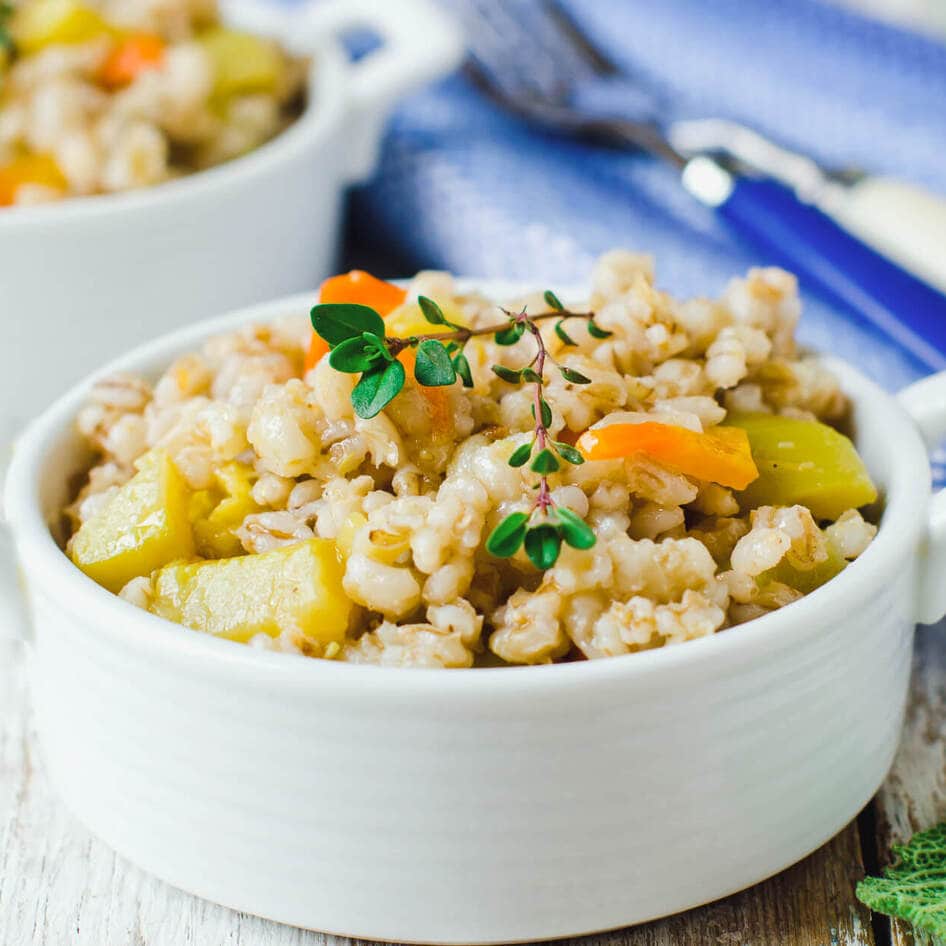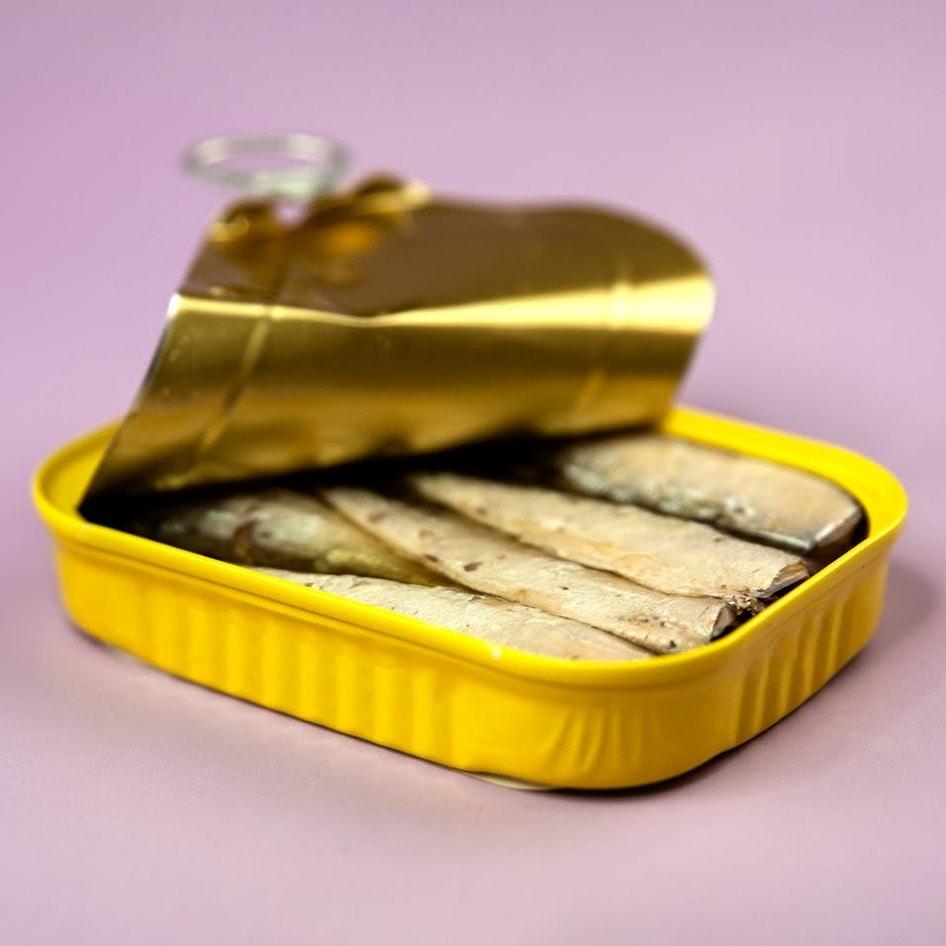These days, it’s easy to be vegan, but despite what some omnivores might believe, not all vegans are in perfect health. Thanks to innovative entrepreneurs and food companies, just about every packaged product on the market now has a vegan version. Vegan frozen pizza, Oreos, and ice cream are easy to come by, and we can now walk into our nearest fast-food restaurant chain and order a vegan burger. While these treats can certainly have a place in our lives, they probably shouldn’t be part of our daily lives. Vegan Olympian and nutritionist Julia Murray has discovered a simple eight-step equation that allows her to eat in abundance, have steady energy throughout the day, and recover faster after a rigorous workout or day in the mountains. Best of all, she has discovered the feeling of food freedom, which means letting go of bad habits and instead focusing on keeping her gut microbiome healthy—which leads to better health. We want all vegans to be their best selves, which is why we’re sharing eight tips that’ll have you thriving in no time.
1. Count nutrients, not calories.
Think of the nutrient-versus-calorie ratio in your food. Let’s look at oil (4000 calories/pound), white bread (1200 calories/pound), or processed vegan meats (800 calories/pound). These highly caloric, refined foods are stripped of a lot of their micronutrients, minerals, vitamins, and fiber. Compare these to sweet potatoes (390 calories/pound), oranges (213 calories/pound), or broccoli (31 calories/pound). The calories in these whole foods are packed to the brim with nutrients and fiber. To be able to eat in abundance, and ensure you’re getting the best bang for your caloric buck, fill the majority of your plate with whole, minimally processed, plant foods.
2. Make friends with whole carbs.
Unfortunately, refined carbohydrates give whole-food carbohydrates a bad reputation. The former include foods such as sugar, oil, white bread, white rice, and pastries, which are stripped of their fiber and nutrients, while the latter include foods such as whole grains, legumes, fruit, and vegetables, and are considered longevity foods because they are packaged with fiber and nutrients. If you base your diet on whole-food plant carbs and minimize refined carbs, your body will have a great time assimilating those nutrients for you.
3. Pamper your gut bacteria.
What’s the #1 determinant of a rich and healthy gut microbiome? It’s the diversity of the plants you eat. Since we have 10 times more bacterial cells than human cells, and the majority of these bacterial cells call our large intestine home, our main priority needs to be feeding these bacterial cells the variety and fiber they need to thrive. A healthy microbiome means everything: strong immunity, smooth digestion, energy, disease prevention, less inflammation, balanced hormones, and a balanced mood. Be sure to go beyond your favorite plants and include variety as much as you can.
4. Prep ahead.
We all have days that involve less-than-stellar meal options because we’re just too busy or too tired to care. That’s why weekly meal prep, or batch cooking, is so important. When you do have time to cook, triple your recipes. Boom: leftovers. Always have these items in your fridge: pre-cooked legumes and grains, washed greens, and a pre-made sauce (hello, instant Buddha bowl!). Make yourself a mega green smoothie every morning to sip on throughout the day. Fill your fruit bowl—which becomes instant fast food when you’re in a rush.
5. Connect with your “why.”
Like anything important in life, you need a personal reason to do it. Why do you want to be vegan? Is it for you, for the animals, or for the planet? Figure out which one really speaks to you. Keep your “why” in your back pocket as your motivation for when you really need it.
6. Don’t deprive yourself.
If you can’t live without ice cream, learn to love banana ice cream. Sound ridiculous? Give it a try for a week or two. Your taste buds will change, then you and your gut bacteria will start to crave the new and improved versions of your favorite foods.
7. Supplement.
What should vegans be taking? In a nutshell, B12, Vitamin D, and micro algae EPA-DHA. B12 is produced by soil bacteria, but our soil isn’t what it used to be. It’s easy to supplement B12 to help your body with cell formation, DNA synthesis, and neurological function. For some people, Vitamin D is difficult to absorb from the sun, or they don’t live in year-round sunshine. Supplementing to combat “D-ficiency” will help prevent an array of chronic diseases. As for omega 3s, taking a DHA/EPA microalgae source works much better in our body than eating flax and chia seeds. Skipping the middleman (the fish) and getting omegas from the microalgae is an easy way to make sure you’re getting all of your omega 3 fatty acids to help your cholesterol levels and nervous system.
8. Allow time to digest.
Chew your food until it’s almost liquid to allow your digestive enzyme amylase in your saliva to start the breakdown of carbohydrates in your food. Swallowing big chunks of food before they’re chewed will hinder your entire digestive process. Take a deep breath before you start eating. Your digestive system and adrenal system don’t play well together, so if you’re stressed while you’re eating, the nutrients won’t be absorbed efficiently. Drink water before you eat (not during or after) to avoid diluting your digestive enzymes. Give your body at least 12 hours of fasting overnight. Rather than focusing on digesting food while you sleep, your body should be able to deep clean (which includes cell rejuvenation and detoxification), so you can wake up energized, with minimal puffiness, stuffiness, or aches.
Julia Murray (@hookedonplants) is an Olympian, a vegan blogger, your new best friend at 8020Plants, a registered holistic nutritionist, a certified plant-based and raw food chef, Main Street Vegan lifestyle educator, a cereal company creator, and named one of Canada’s top 10 vegan athletes.
JUMP TO ... Latest News | Recipes | Guides | Health | Shop







